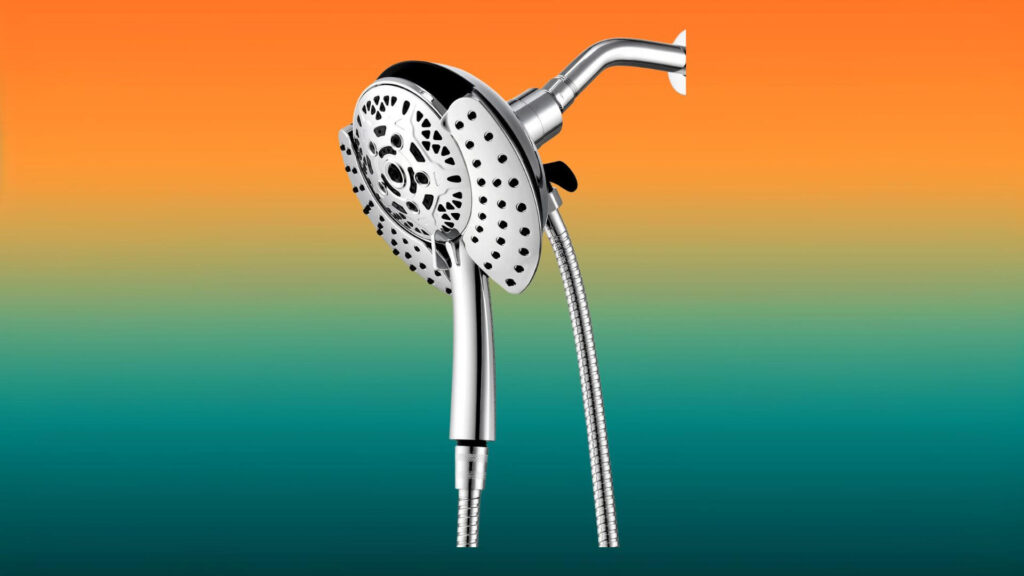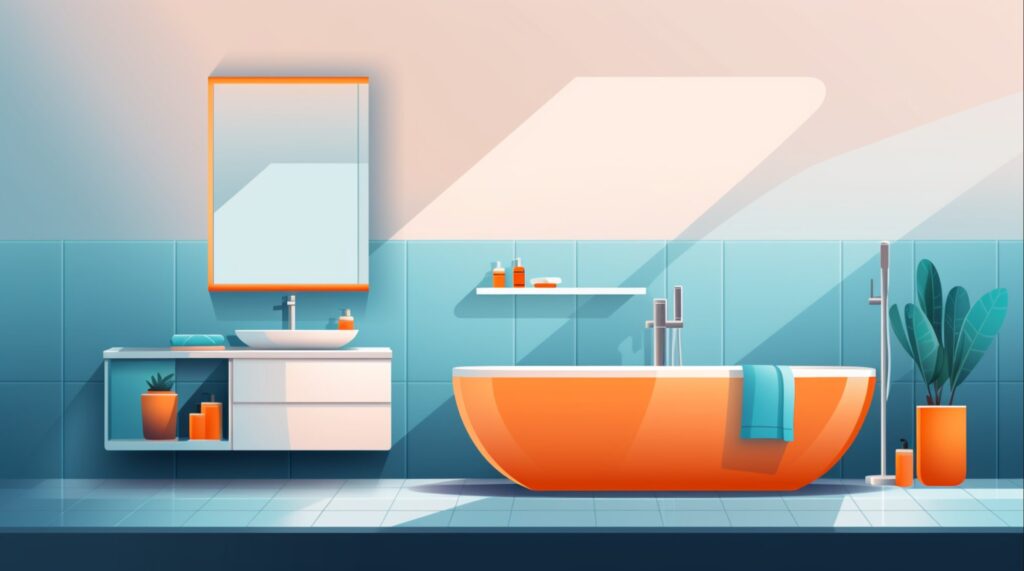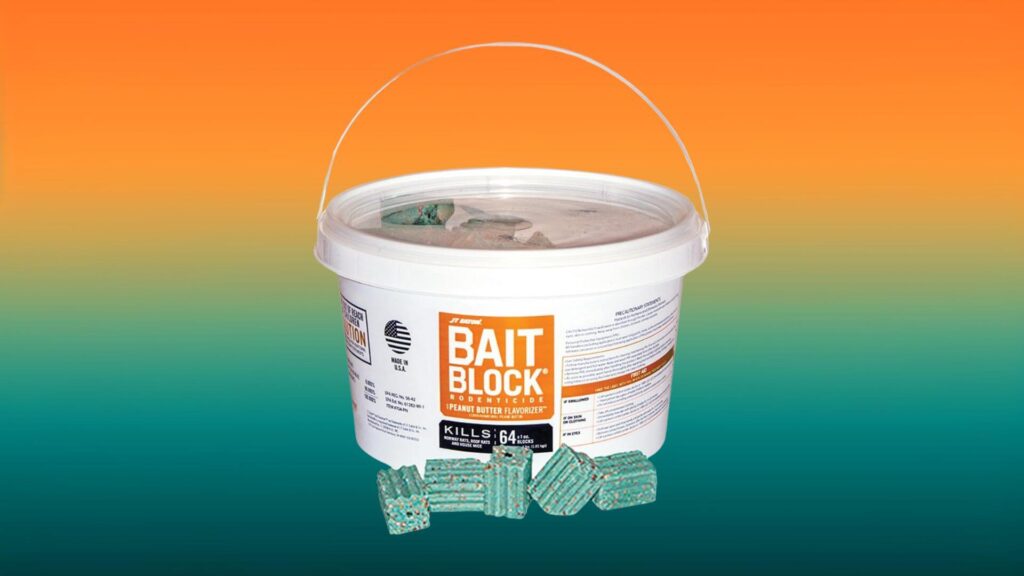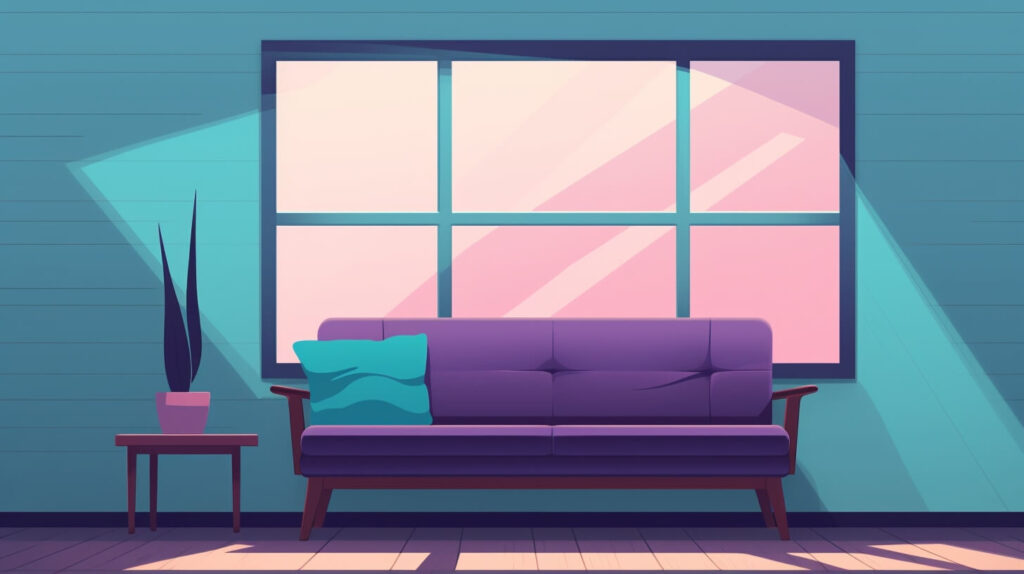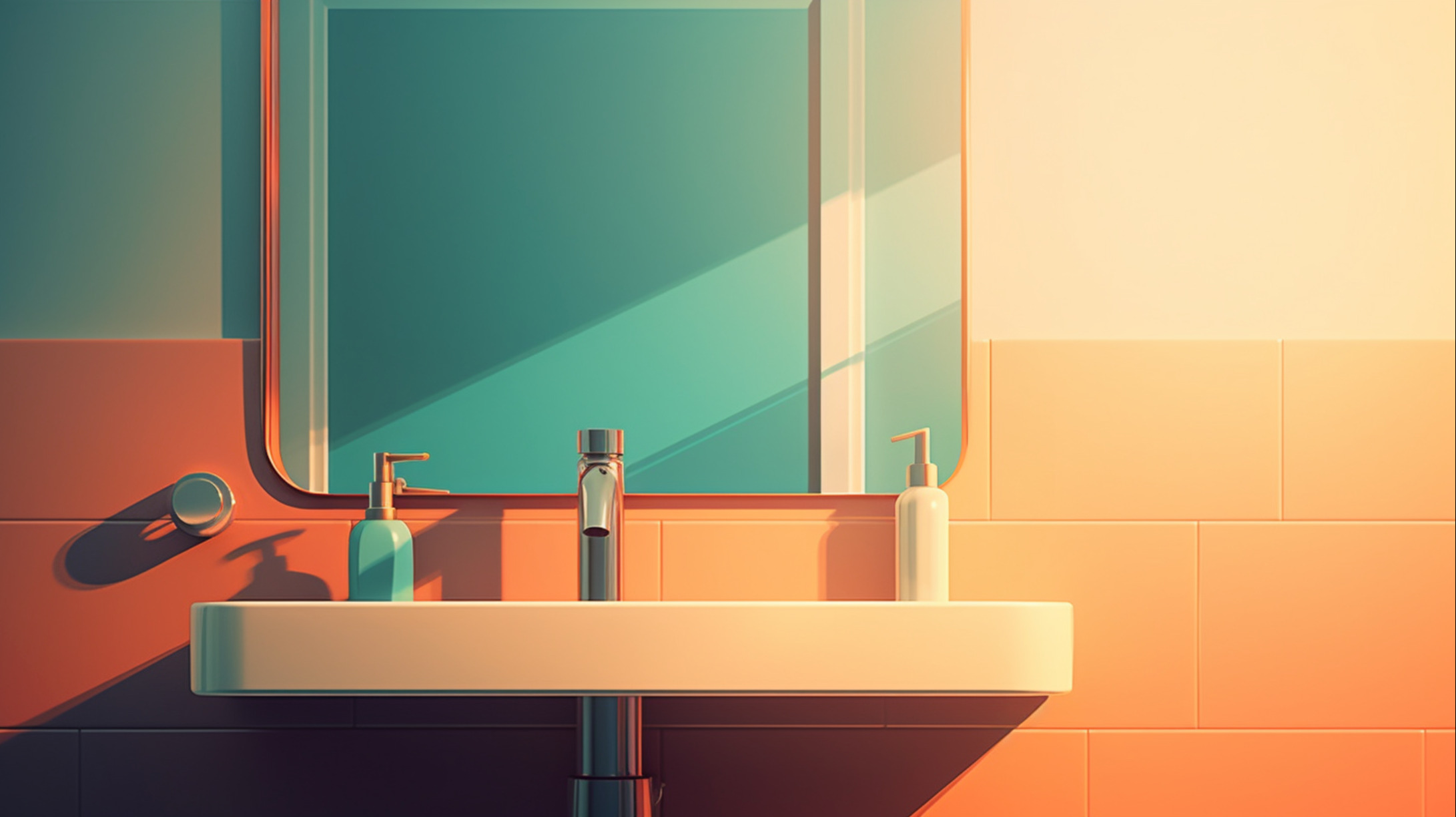
We are reader-supported. When you buy through links on our site, we may earn an affiliate commission.
Maybe you’ve heard of “water hardness” before and wondered what it meant. There is a significant difference between hard water and soft water, and either could be running through your home.
Hard water is a preference, though, with methods of softening it. Let’s define hard and soft water, discuss the pros and cons and explore ways to manage your home’s water hardness better.
Defining Hard Water and Soft Water: What’s the Difference?
The difference between hard water and soft water is really not complicated. Water hardness means there are more minerals, such as calcium and magnesium. Other minerals could include aluminum, zinc, iron and barium.
Unlike polluted water, these minerals usually occur naturally in the environment, food and beverages. For instance, water might stream over rocks and pick up on the embedded calcium and magnesium.
The more trace minerals are eliminated, the softer the water. Water hardness is measured by milligrams per liter (mg/L). Anything above 180 mg/L is considered hard, while the softest water is closer to zero.
Is Hard Water Bad for You and Your Home?
Unlike per- and polyfluoroalkyl substances (PFAS) — “forever chemicals” — and other pollutants, hard water is not necessarily bad for your health. Those with mineral deficiencies may even benefit from drinking hard water, as it will help you consume the daily recommended mineral intake.
Nevertheless, many people opt to soften their household or business water source. Hard water can lead to dry hair and skin. The more you shower, the itchier your scalp will likely become.
The excess of minerals could also alter your skin’s pH, making it more susceptible to infections and bacteria — especially if you have psoriasis or eczema. Your dermatologist may be able to recommend a treatment or product to help manage this.
Some studies have shed light on more serious outcomes, requiring clearer evidence. For example, higher calcium concentrations in the urinary tract might result in kidney stones. Others say drinking hard water could decrease kidney function or lead to cardiovascular problems.
Hard water might also affect your household plumbing fixtures and faucets by depositing minerals. The gradual buildup of these deposits could clog the fixtures, decreasing water flow. It might also look unsightly around the faucet spout and aerator.
How to Tell if You Have Hard Water
Despite some of the troubles it causes, 85% of Americans have hard water in their homes. At this point, you might wonder whether your household is one of them and whether it is worth getting a water softener.
The most obvious way to tell whether you have hard water is to take a water test. Hard water test kits are inexpensive online or in hardware stores. For instance, Varify carries a kit with 150 test strips and an easy-to-read, color-coded chart to read your results.
You can also DIY a hard water test by filling a clear plastic bottle with three-quarters of faucet water and a few drops of liquid soap. Shake the bottle vigorously for 10 seconds. Long-lasting suds is an indication you have soft water. However, few bubbles and cloudiness usually mean a higher mineral concentration.
Other obvious signs you have hard water include the following:
- Soap residue on your hands — suggesting the soap is interacting with calcium
- Irritated skin, dryness, itchiness, acne and eczema flareups
- Dry or limp hair after a shower
- Spots on dishes and glasses after running the dishwasher
- White spots on faucets and other appliances, like coffee makers
- Faded, rough or damaged clothing after washing
- Mineral deposit buildup in plumping, causing low flow in faucets, shower heads and the washing machine
- Higher energy outputs in your water heater or boiler resulting in more costly utility bills
- Accumulation of minerals around faucet aerators
While hard water won’t affect you, you may not be particularly fond of hard water in your home. There are certainly benefits to having softer water, especially if you have skin problems or dry hair.
Improving Water Softness At Home
Purchasing a water softener can easily turn your hard water into soft water. The benefits are apparent, too — less mineral buildup in pipes and fixtures, longer appliance life spans, fewer spots on dishes and less residue.
However, while the advantages give you much to consider, there are some disadvantages. For instance, soft water can actually corrode metal pipes, which could infiltrate your water with copper and lead. It also adds sodium to the water and generates waste from softener beads.
Softener beads are made of resin and collect calcium and magnesium through an ion exchange using sodium and potassium ions.
Cleaning Hard Water Residue and Deposits
If purchasing a water softener isn’t in the cards, learning how to clean hard water residue is the next best step. For one thing, you’ll maintain the appearance of your appliances and fixtures. Of course, they’ll also work better.
Removing Residue From Faucets
You can keep your kitchen and bathroom faucets clean with everyday household ingredients, such as vinegar. Soak a washcloth or rag in vinegar and place it over the hard water deposits on the faucet for 30 minutes or longer. The vinegar will loosen the residue for easier removal.
Scrub the faucet with a non-scratch sponge and plenty of water, repeating the steps until all the hard water residue is gone.
Scaling Faucet Aerators
Slow water pressure from your faucet is an indication there is mineral buildup. Carefully remove the aerator using pliers to avoid scratching and denting it. Take it apart, making a note of how the pieces go together.
Soak them in vinegar for 30 minutes or longer. Scrub the parts with a toothbrush to remove residue from the screen and rinse. Put the pieces together again and screw it back into place.
Scrubbing Deposits from Toilets, Tubs and Other Fixtures
Different bathroom fixtures require other cleaning ingredients and tools. Porcelain, ceramic and enamel surfaces are durable but are easily scratched by abrasive scrubbers.
Your best shot at clearing hard water deposits is to mix vinegar and Borax and apply it to the residue. Then, use a non-scratch sponge or brush to remove the mineral buildup.
To Live or Not to Live With Hard Water — That Is the Question
The difference between hard water and soft water is stark, but it’s ultimately your decision whether it’s worth living with. There are some advantages and disadvantages of both, but it is best to consider how your skin, hair and appliances are holding up if your water is hard. Perhaps soft water is the way to go, after all.


